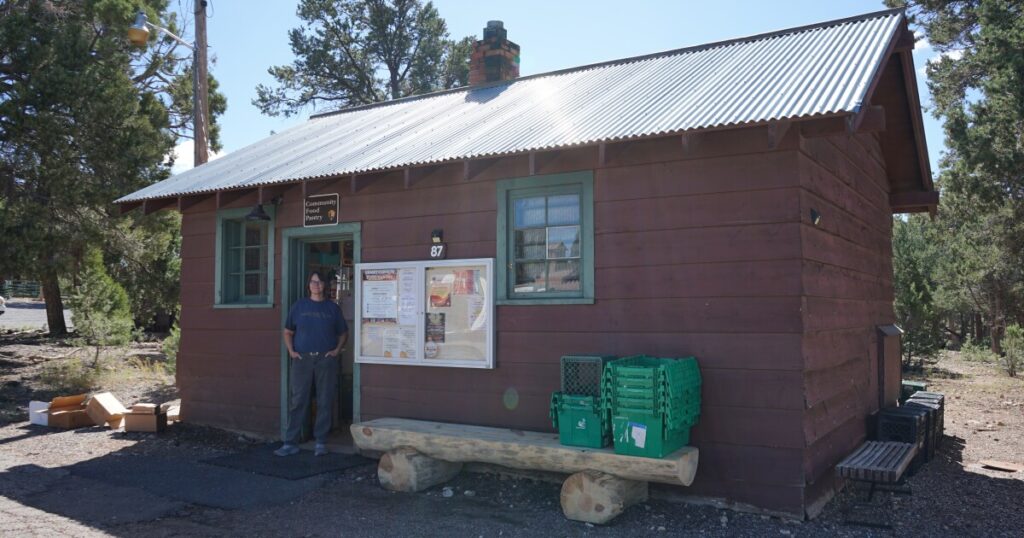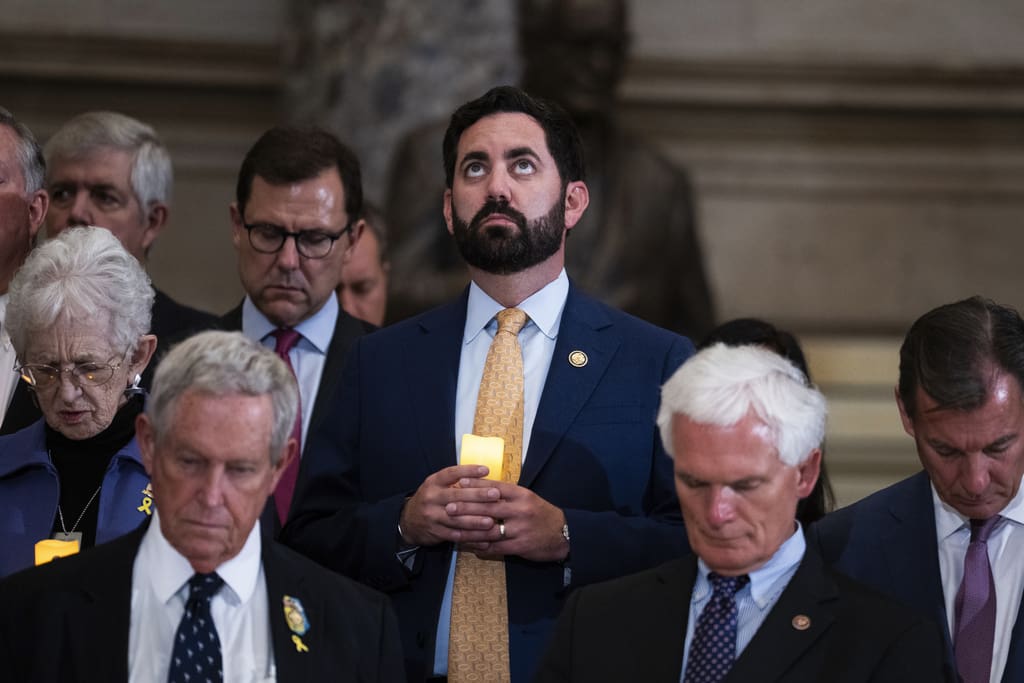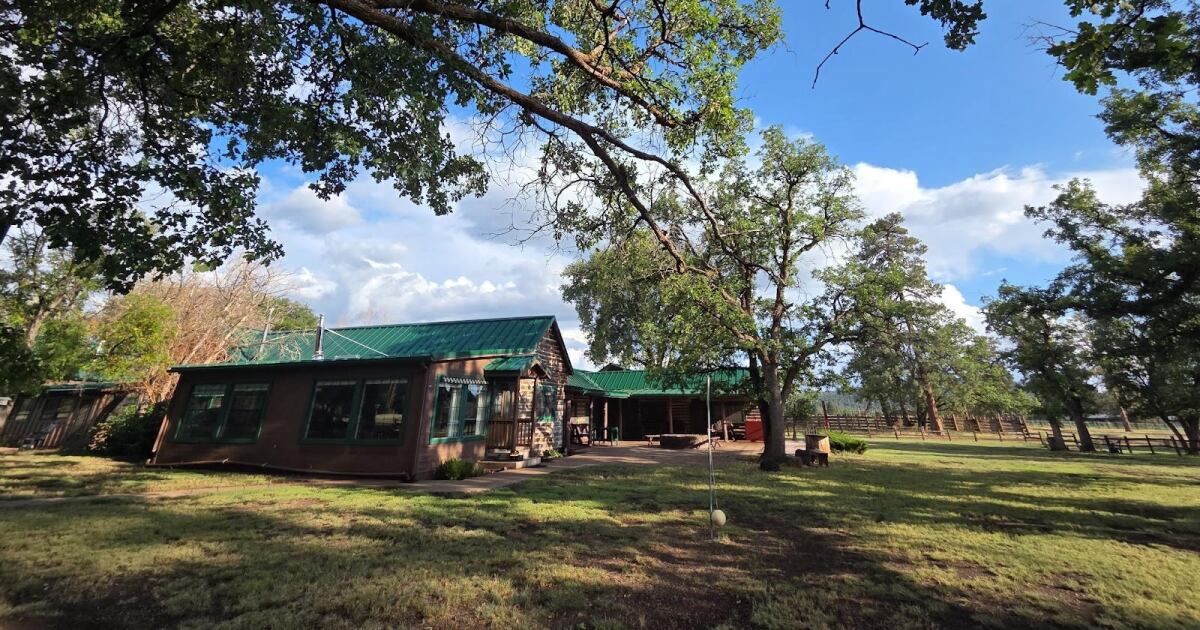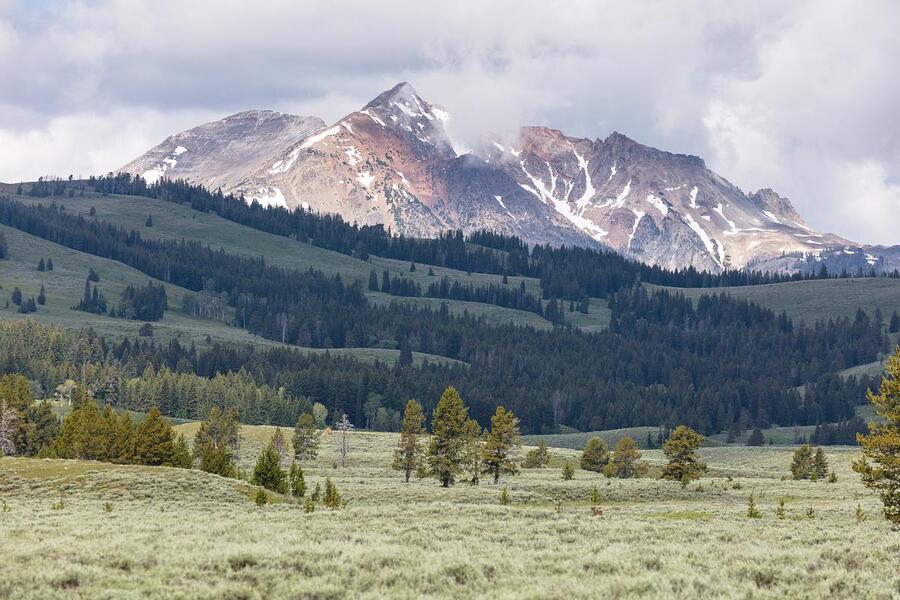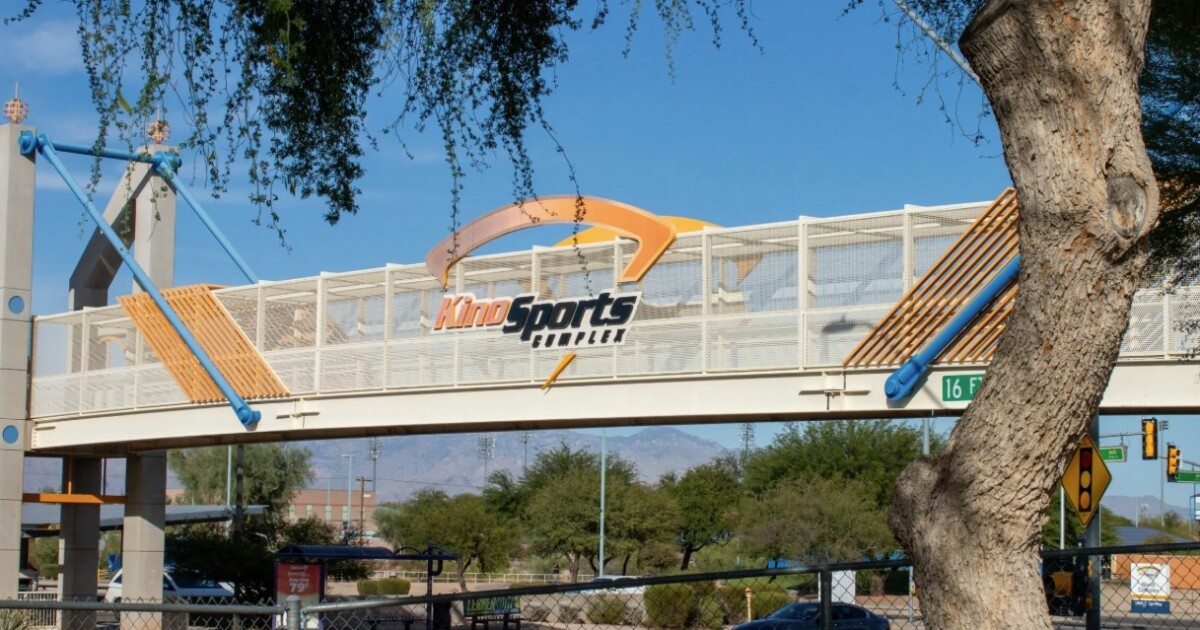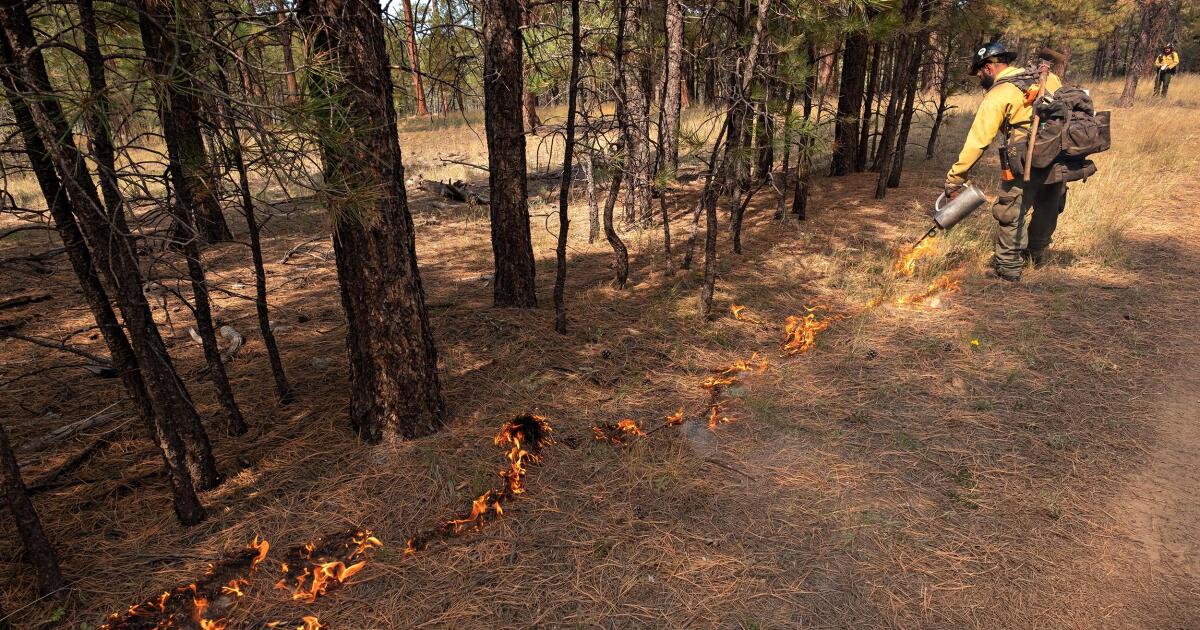The recent federal government shutdown has left many employees at the Grand Canyon National Park furloughed, creating an atmosphere of uncertainty and concern. The park, which faced a similar situation six years ago, is now seeing its non-essential staff without pay, prompting local social services to prepare for an increased demand.
Inside the Grand Canyon Food Pantry, Heather Lapre is busy arranging supplies, aware that the shutdown will likely increase the number of people relying on the pantry. The pantry, located in what used to be the park’s jailhouse, provides essential items like diapers and hygiene products, with Lapre aiming to keep fresh produce and bread readily available.
Having volunteered during the previous shutdown, Lapre, who has been a resident of Grand Canyon Village for 16 years, is well aware of the challenges that lie ahead. “It was exhilarating to see people help each other, and it was a tremendous amount of work too,” she recalls.
The pantry is part of the Flagstaff Family Food Center, serving communities in Tusayan, Valle, and north Williams alongside Grand Canyon Village. Even as park staff face furloughs, essential services like law enforcement and search and rescue continue without pay, adding to the strain on the community.
Lapre is preparing for a possible extension of the shutdown, which could lead to a decrease in park visitation and impact local businesses, including hotels and restaurants. The prospect of an extended shutdown fills her with dread, prompting her to consider requesting emergency food boxes to help those in need.
The Shutdown’s Broader Impact on Park Employees
Just a short distance from the pantry, Aubrey Labarre reflects on the situation as she sits near the canyon’s rim. Her seasonal job with the park recently ended, and she plans to return home to Montana. Labarre expresses concern for her friends and coworkers who are unsure about their next paycheck.
“I don’t like seeing my friends, my coworkers, struggling to make ends meet,” Labarre says, emphasizing the financial challenges faced by many park service employees. The ongoing uncertainty has left her and others anxious about future job prospects.
Bill Wade, who leads the Association of National Park Rangers, shares this concern. Having experienced a previous shutdown as superintendent of Virginia’s Shenandoah National Park, Wade understands the financial pressure on employees living paycheck to paycheck. He worries that the current situation might dissuade young people from pursuing careers with the National Park Service.
The parks were already under strain before the shutdown, with staff reductions and early retirements leaving them understaffed. “The permanent staff has been reduced by something like 25% since January,” Wade notes, indicating that even after the shutdown, challenges like insufficient staff for visitor centers and maintenance will persist.
As the shutdown continues, the Grand Canyon National Park remains open to visitors, but the impact on the community and its workers is expected to grow, prompting both concern and resilience among those affected.
—
Read More Arizona News

